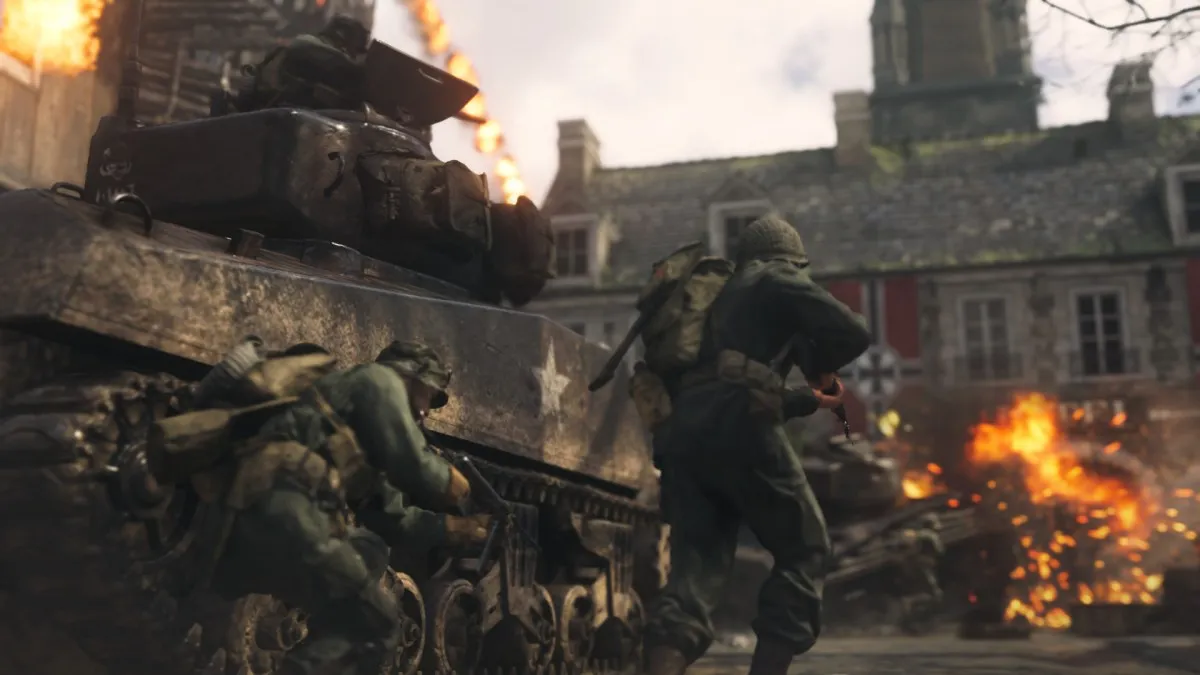
In a significant move, Activision has taken the Call of Duty: WWII game offline due to a serious hacking exploit affecting the Microsoft Store version of the popular first-person shooter. Reports indicate that this vulnerability has led to multiple players experiencing unauthorized access to their computers, raising alarms within the gaming community. The decision to remove the game was announced last week, coinciding with Activision's investigation into reported security issues.
Activision's announcement highlighted that the company was looking into various "reports of an issue," but did not elaborate on the specifics. This version of Call of Duty: WWII, which launched in 2017, is available on the Game Pass subscription service, providing players with access to a variety of games for a monthly fee. According to sources familiar with the situation, the game's removal was a direct response to ongoing hacking incidents that posed a threat to players.
One insider, who chose to remain anonymous due to restrictions on speaking to the media, informed TechCrunch that the game was taken offline specifically because of the hacking vulnerabilities being exploited. Reports from various video game news outlets have surfaced, indicating that numerous players took to social media to express their frustrations after experiencing hacks while engaging with the game.
Concerns have escalated as players have reported a specific type of exploit known as remote code execution (RCE). This bug allows hackers to introduce malware that can effectively take control of a victim’s device. A Reddit user stated, “The game is not safe to play on PC right now, there’s an RCE exploit,” underlining the severity of the situation. As of now, the Microsoft Store and Game Pass versions of Call of Duty: WWII remain offline, according to Activision's official status page.
Over the past few years, Activision has faced multiple hacking incidents. In November 2024, a significant flaw in the game's anti-cheat system allowed hackers to ban thousands of legitimate players, causing unrest within the gaming community. Earlier in the same year, the company also investigated a hacking campaign that targeted players with infostealer malware, designed specifically to steal passwords. Additionally, in 2023, hackers managed to exploit a self-spreading malware worm to compromise players of Call of Duty: Modern Warfare, leveraging an unpatched bug that had persisted for years.
As Activision continues to address these pressing security concerns, players are left waiting for updates on when they can safely return to the battlefield in Call of Duty: WWII. With ongoing investigations and the commitment to patch existing vulnerabilities, the company seeks to restore player confidence in their gaming environment.